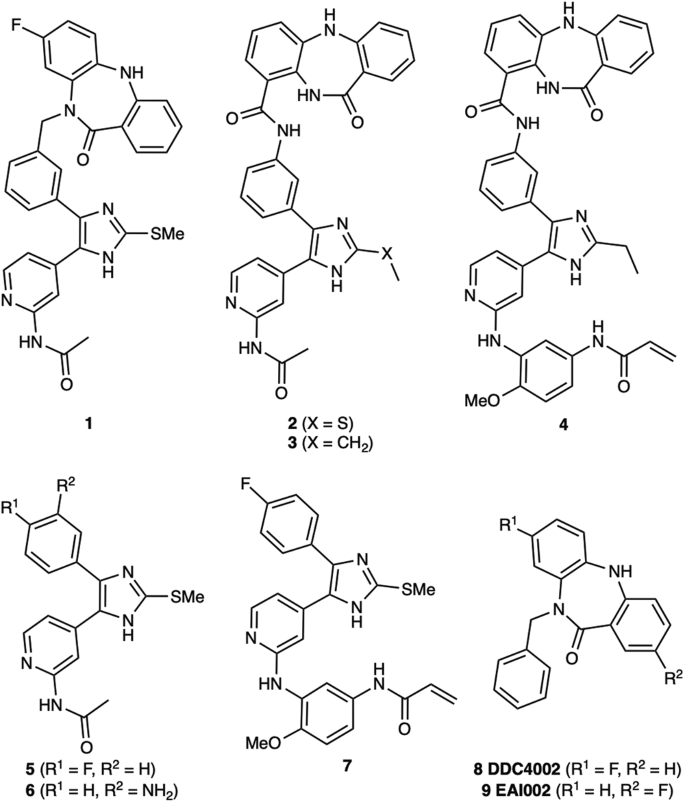2024-02-28 カリフォルニア大学サンディエゴ校(UCSD)
<関連情報>
- https://today.ucsd.edu/story/gene-of-prejudice-demystifies-autism
- https://www.cell.com/cell-reports/fulltext/S2211-1247(24)00195-5
GTF2Iの欠損は神経発達のヒト細胞モデルにおいて神経細胞のアポトーシスとシナプスの減少を促進する Loss of GTF2I promotes neuronal apoptosis and synaptic reduction in human cellular models of neurodevelopment
Jason W. Adams,Annabelle Vinokur,Janaína S. de Souza,…,Roberto H. Herai,Karl J. Wahlin,Alysson R. Muotri
Cell Reports Published:February 27, 2024
DOI:https://doi.org/10.1016/j.celrep.2024.113867
Highlights
•GTF2I-KO organoids show transcriptomic changes in synaptic function and apoptosis
•GTF2I-KO neural progenitors exhibit higher rates of proliferation
•GTF2I-KO neurons have decreased synaptic integrity and increased apoptosis
•GTF2I-KO organoids have fewer synaptic proteins and decreased electrical activity
Summary
Individuals with Williams syndrome (WS), a neurodevelopmental disorder caused by hemizygous loss of 26–28 genes at 7q11.23, characteristically portray a hypersocial phenotype. Copy-number variations and mutations in one of these genes, GTF2I, are associated with altered sociality and are proposed to underlie hypersociality in WS. However, the contribution of GTF2I to human neurodevelopment remains poorly understood. Here, human cellular models of neurodevelopment, including neural progenitors, neurons, and three-dimensional cortical organoids, are differentiated from CRISPR-Cas9-edited GTF2I-knockout (GTF2I-KO) pluripotent stem cells to investigate the role of GTF2I in human neurodevelopment. GTF2I-KO progenitors exhibit increased proliferation and cell-cycle alterations. Cortical organoids and neurons demonstrate increased cell death and synaptic dysregulation, including synaptic structural dysfunction and decreased electrophysiological activity on a multielectrode array. Our findings suggest that changes in synaptic circuit integrity may be a prominent mediator of the link between alterations in GTF2I and variation in the phenotypic expression of human sociality.
Graphical abstract



